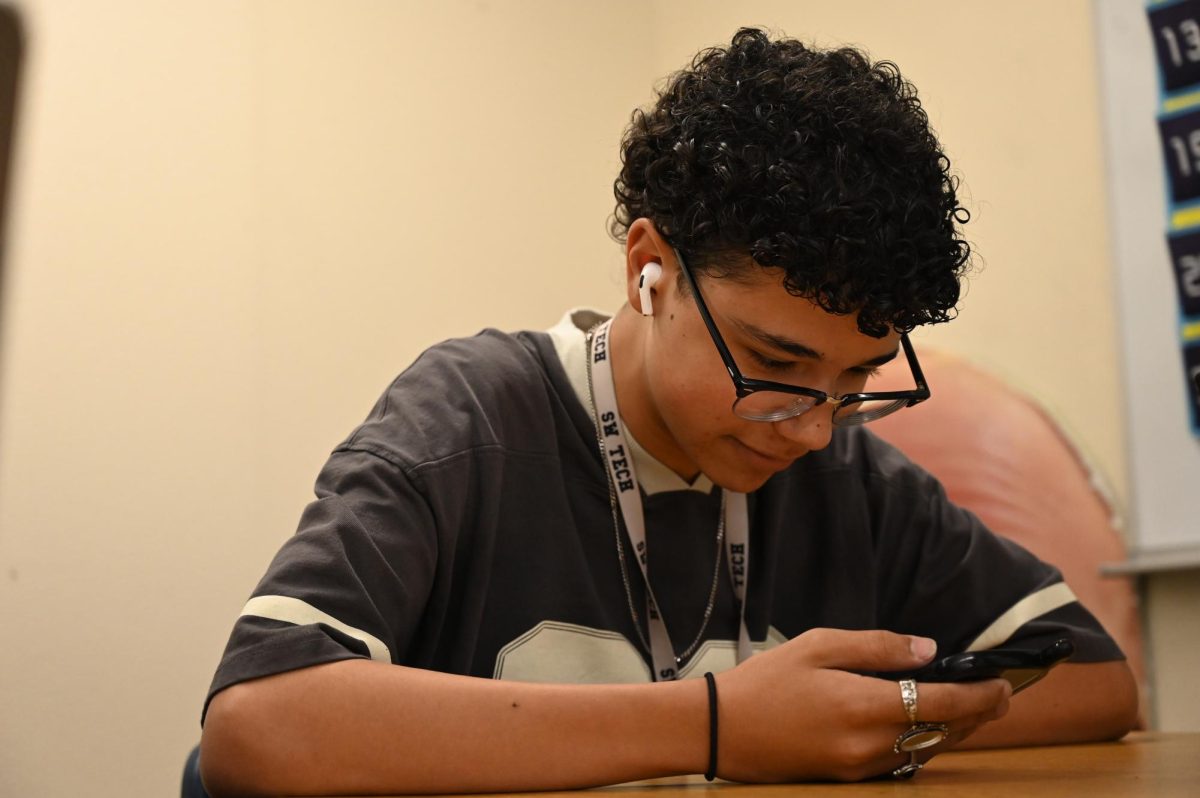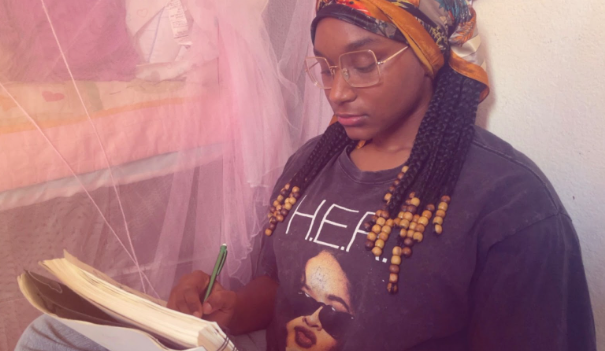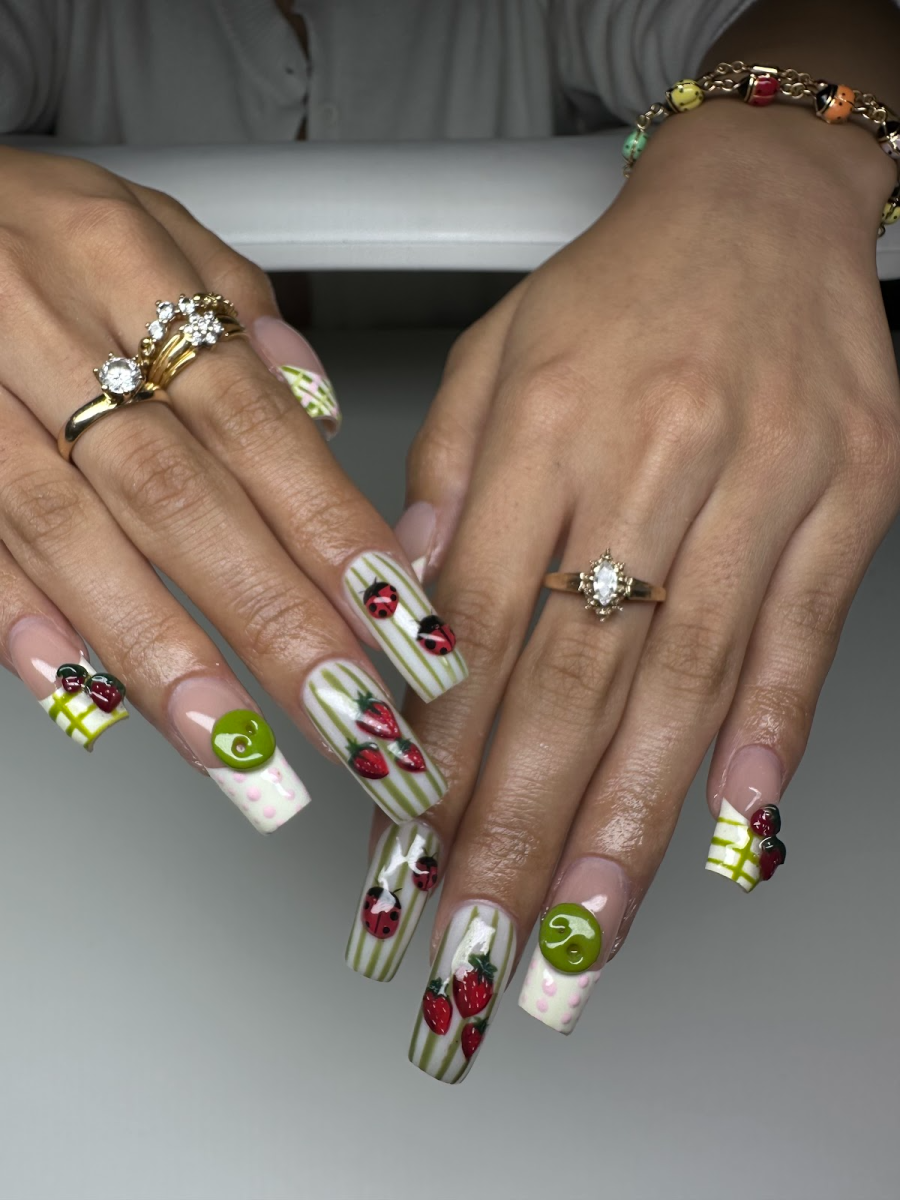In the world of K-pop, fans only see all the glamour and sparkle portrayed of them, but they know less than they think about their favorite idols. Flaws that would be incredibly disliked, imperfections and mistakes are just few. They become less real and almost dehumanized in this aspect. Everything that might be considered a flaw, and every tiny imperfection is stripped from their public image.
Almost all K-pop idols begin training to become an idol at a young age, only having a small chance to become an idol and the possibility of never debuting or training for longer periods of time. In the most extreme cases, trainees can start even before they are considered adolescents. Jihyo from TWICE, for example, trained for ten years starting at nine years old, eventually debuting in 2015 when she was 19. Young trainees begin lessons on singing, dancing, language and acting as part of their daily lives. If they fail to complete these responsibilities, K-pop idols will be left behind by their company.
“It takes both a physical and mental toll and they lose out on their childhood,” junior Ziying Chen said. “Western artists don’t experience this much [hardship], as they have more freedom and control over what they want to do much more than K-pop idols.”
The backlash, hate, and expectations K-pop and Western artists face occurs even today. When Western artists experience these issues, they are able to freely express their discomfort and how they feel about these opinions. However, Korean idols are expected to not do anything and wait for their companies to address the situation for them.
“I believe both Western and K-pop artists experience crazy and creepy fans and how they go to extremes to find out more about the person, “ junior Jenny Nie said. “But I feel like K-pop idols don’t share as much personal information as Western artists and Western artists are able to speak up for themselves from fans while K-pop idols can’t do that as much. K-pop agencies don’t address serious issues either since they are trying to uphold an image and trying not to gain any backlash or negative attention.”
In both genres, artists suffer from mounting pressures of being “perfect” leading to mental health issues that affect them negatively. These issues can push them to the point of depression or even suicide, as was in the case of former SHINee member, Jonghyun who passed away in 2017.
“I believe that a lot of K-pop idols do suffer from mental health issues and most K-pop agencies don’t do much about it, causing idols to overwork and even put themselves in danger,” Wiseman said. “For example, I know the idol Taemin had struggled with some mental health issues in the past, but for Western artists they have more control over their schedules and I feel that mental health issues are taken more seriously.”
Inforgraphic by Joy Ryan[/infographic]
Natural beauty versus the blemish-free beauty of a doll, is a topic most popularly debated within Korean society. Many Koreans strive to be “perfect” and ultimately choose to go under the knife. According to the International Society of Aesthetic Plastic Surgery (ISAPS), Korea is ranks first on a per capita basis, with 13.5 cosmetic surgeries performed per 1000 individuals.
“I feel that K-pop music standards and beauty standards are way higher compared to Western standards,” junior Fiona Wu said. “The beauty standards for K-pop idols are much more strict and there’s a set standard that everyone should follow. They can get a lot of hate for not looking a certain way, whereas Western artists have their own individual type of style and look and it’s viewed as unique or beautiful.”
Typically K-pop idols are under strict contracts for seven years or even longer, where they need to bring popularity and money towards the label, and their physical image is in the best condition. In the case that the artist is a member of a K-pop group, disbandment can cause conflict between the fans, the label, and permanently ruin an artist’s career.
“The contract’s time limit gives groups and members to decide if they want to stay together as a group after their contract is over, but K-pop group’s contracts can also mean they can’t leave the group,” freshman Allyson Jingco said. “Even when struggling with mental health, many idols usually go on hiatus instead of fully leaving the group or industry. A lot of K-pop idols receive backlash from fans if they decide to leave a group and I feel like Western idols have more freedom in their contracts and are able to do more than K-pop idols.
Being strained from work is common in the music industry, where both Western artists and K-pop idols face burnout from long tedious hours of working and not taking a break.
“I do think they [K-pop idols] are being overworked as they have to keep up this perfect image of themselves,” Chen said. “They have a lot of strict diets, for example I know TWICE member Momo had a diet of only ice, she would do excessive workouts and worry about getting fat. K-pop idols also have strict expectations on their skill level and in some documentaries I watch K-pop idols are being treated really poorly and are expected to do really difficult workouts and have to work every hour, only getting a few breaks.”
Imagine having to fit in a set box unable to change, K-pop idols are restricted in that box. Where they are expected to look a certain way to fit the beauty standards of Korea, while Western artists have more creative freedoms that show off their own individuality.
“In the K-pop industry I feel like that they should change some things for not only the safely of the idol, but also their physical and mental well-being as well as allowing K-pop idols to do more,” Nie said. “Things like not letting young trainees debut until the age of 17, letting idols date freely, stopping restrictive diets, not allowing plastic surgery for underage idols as well as better treatment towards the idols. Also having companies support their idols better, by providing mental health support or addressing issues that make an idol uncomfortable. These things I think would just let idols be less stressed to be perfect and be able to be their own unique self.”

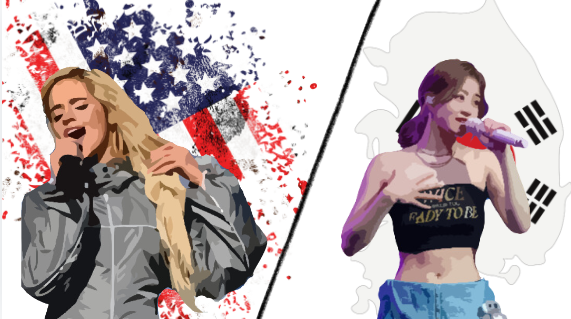

![Practicing the basic skills of nursing, sophomore Natalia Yancey gets her heartbeat checked with a stethoscope. Sophomore nursing students reviewed skills from freshman year. “I’ve always wanted to be in the medical field; it’s been my dream forever,” Yancey said. “Doing [practice skills] so early on is not only an amazing opportunity, but it helps me to prepare for my future.”](https://southwestshadow.com/wp-content/uploads/2025/10/IMG_9843-1200x800.jpg)


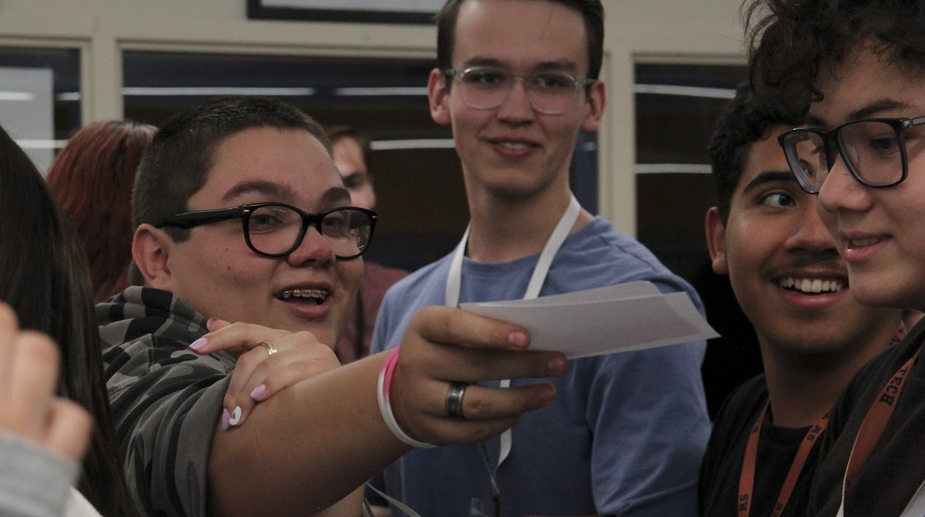
![Swaying and preparing to toss the tennis ball, Dylan Grove practices serving. Grove had been training in preparation for her upcoming matches against Chaparral and Doral Red Rock. “[Both teams are] both very tough opponents, but I am ready for whatever gets thrown my way,” Grove said.](https://southwestshadow.com/wp-content/uploads/2025/10/image-1200x900.png)
